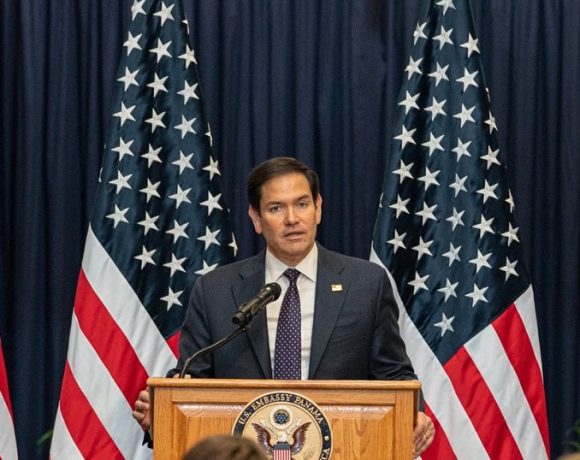
US May Deny Visas for Diabetes or Obesity
The United States Department of State has issued fresh guidance suggesting that foreign nationals applying for visas may face rejection if they have chronic health conditions such as diabetes, obesity, heart disease or other costly long-term illnesses. The cable directs visa officers to assess whether applicants might become a “public charge” by requiring extensive health care or government support.
New health criteria in visa decisions
According to the directive issued by the Trump administration, chronic or severe medical conditions are now among the factors consular officials must evaluate when adjudicating visa or permanent-residency applications. Applicants and their dependents may be asked if they have sufficient funds to cover expected lifetime-medical costs without US government assistance. This marks a shift beyond the traditional focus on communicable diseases and vaccination history.
Implications for applicants
While the policy expands review criteria, it appears primarily aimed at those seeking permanent residency rather than short-term visas. However, the broader possibility of visa denial based on non-communicable diseases has raised concerns about fairness and discrimination. Critics argue that health assessments should not be used to project future burdens on public resources.
What to watch
It remains unclear how strictly the guidance will be applied in practice and how many applicants will be affected. Visa applicants with chronic illnesses are being advised to demonstrate financial self-sufficiency and health-care coverage. Observers say the move reflects a broader tightening of immigration rules under the administration.


















